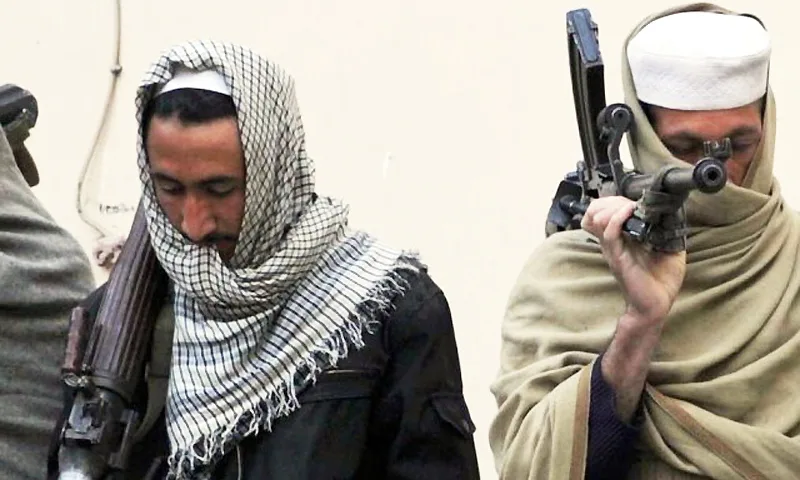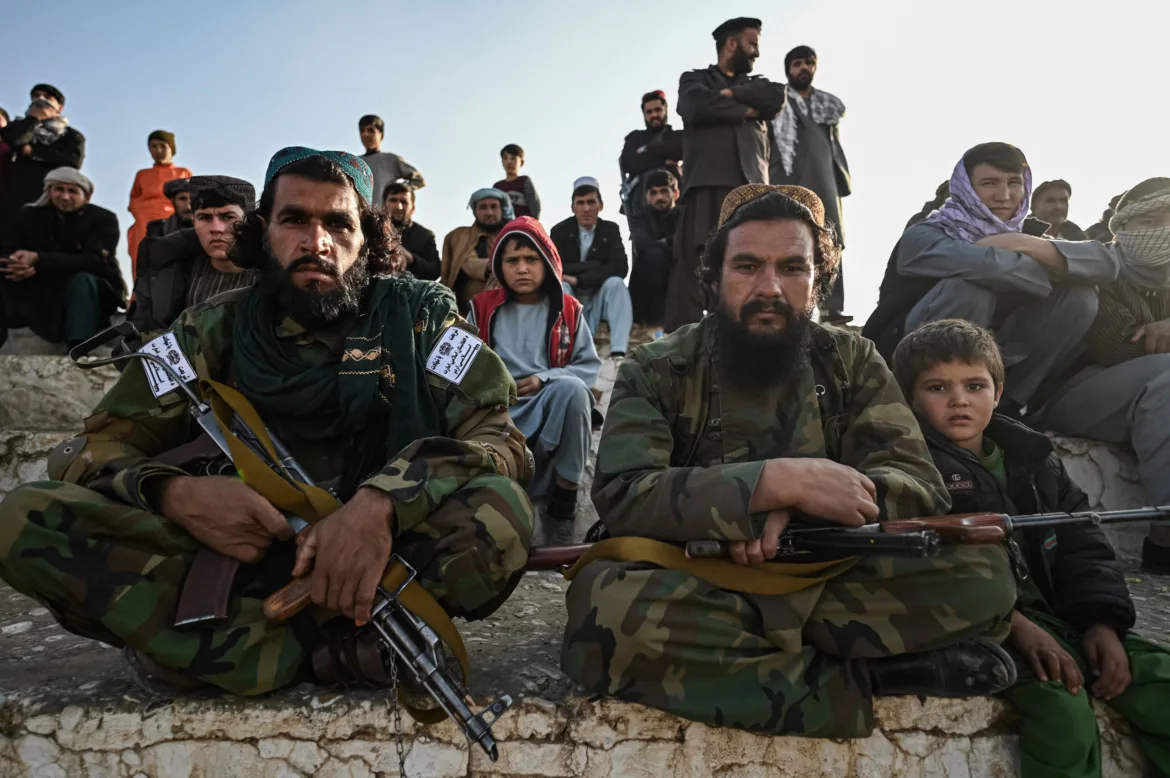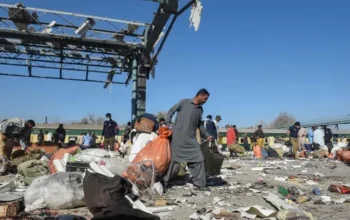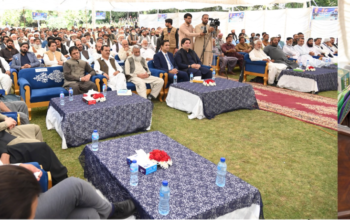Ambiguity, quick fixes, and faulty policies for dismantling Pakistan’s terror networks have always led us back to square one. The TTP’s rebirth in Pakistan is a prime illustration of our policies’ shortcomings and short-term thinking.
The American drone attacks in the border regions, which targeted the commanders and foot soldiers of the militant group, and the massive operations of the Pakistani military in the tribal areas of Pakistan caused splitter groups within the TTP, which temporarily shut down and drove the TTP out of Pakistan and severely constrained their tactical ability to carry out attacks in Pakistan.
This result was welcomed as a triumph over the militant group, and it was thought that after the operation against the TTP, the group’s ability to carry out assaults had plummeted.
The elephant in the room still persists, according to many experts and analysts who dismissed this fleeting triumph and insisted that it has not been possible to address the underlying reasons of militancy.
Following the withdrawal of US troops from Afghanistan, TTP militant organization is regularly attacking the tribal region and the Province of KP. Despite the fact that the situation is getting worse, policymakers remain unaware of it.
Taliban in Afghanistan and Tehreek Taliban Pakistan exchanging favours
Following Kabul’s collapse in 2021, Afghanistan has been regressed to 1994. Schools and universities have banned girls by the Order of the Afghan Taliban. Women are not permitted to work for a living. The economy is worsening. No government is prepared to acknowledge the Taliban’s rule in Afghanistan.
The TTP enjoys the support of the Afghan Taliban and which offers sanctuary to the TTP strongholds in Afghanistan. This enables TTP to conduct tactical attacks in Pakistan.
TTP has carried out more than 117 strikes in Pakistan after the Afghan Taliban took control of the country; the majority of them were suicide operations that primarily targeted security forces. TTP has attacked KP police personnel more than 1116 times since August 2021.
Since the fall of Kabul in 2021, the TTP has increased its attacks in Pakistan by 53%. The Afghan Taliban believe they owe the TTP something because they were given safe havens in Pakistan when they were fighting in Afghanistan.
The TTP’s concept of imposing Sharia Law in Pakistan is supported by the Afghan Taliban.
The PTI claims that during their leadership, the Tehreek Taliban Pakistan’s tactical capacity was obliterated. Unfortunately, neither the PTI nor the current government in Pakistan showed any interest in putting an end to the TTP’s threat. A political blame game between the two political parties developed out of this serious problem.
Ground Reality in south and North Waziristan
The TTP’s effort to find foot soldiers is intensifying. According to unofficial estimates, there are around 7,000 TTP fighters who have sought refuge in Afghanistan. According to a UN investigation, there are between 5,000 and 6,000 of them.
However, TTP members and their families have migrated to Afghanistan following the security forces’ offensive in the Malakand division.
The new hires are social media savvies. Through social media, they are enlisting more young warriors as foot soldiers. The TTP claimed that they were abandoning the ceasefire and expanding their operations with a stronger capacity for suicide assaults.
The Hafiz Gull badur group’s cooperation with other TTP groups is the most concerning. Last month, Hafiz Gull Badur published a video showing a dozen suicide bombers standing by his side, ready to launch attacks in Pakistan. For tactical support, certain Baloch separatist organisations have joined the TTP’s ranks and file.

Negotiations between the government of Pakistan and the TTP in an effort to placate the militant group proved to be a temporary fix and led to a TTP cease-fire.
A new militant alliance serves as a warning to Pakistan’s decision-makers. To eradicate the threat of militancy in Pakistan, a comprehensive strategy is needed. To exert leverage over the TTP for peace talks and reconciliation, the political parties and the state of Pakistan must engage the Afghan Talibans.During the Zarbe-Azb operation, when the TTP was vulnerable, Pakistan wasted the opportunity. Talks and track two diplomacy will not be successful. State versus group is the only option.





